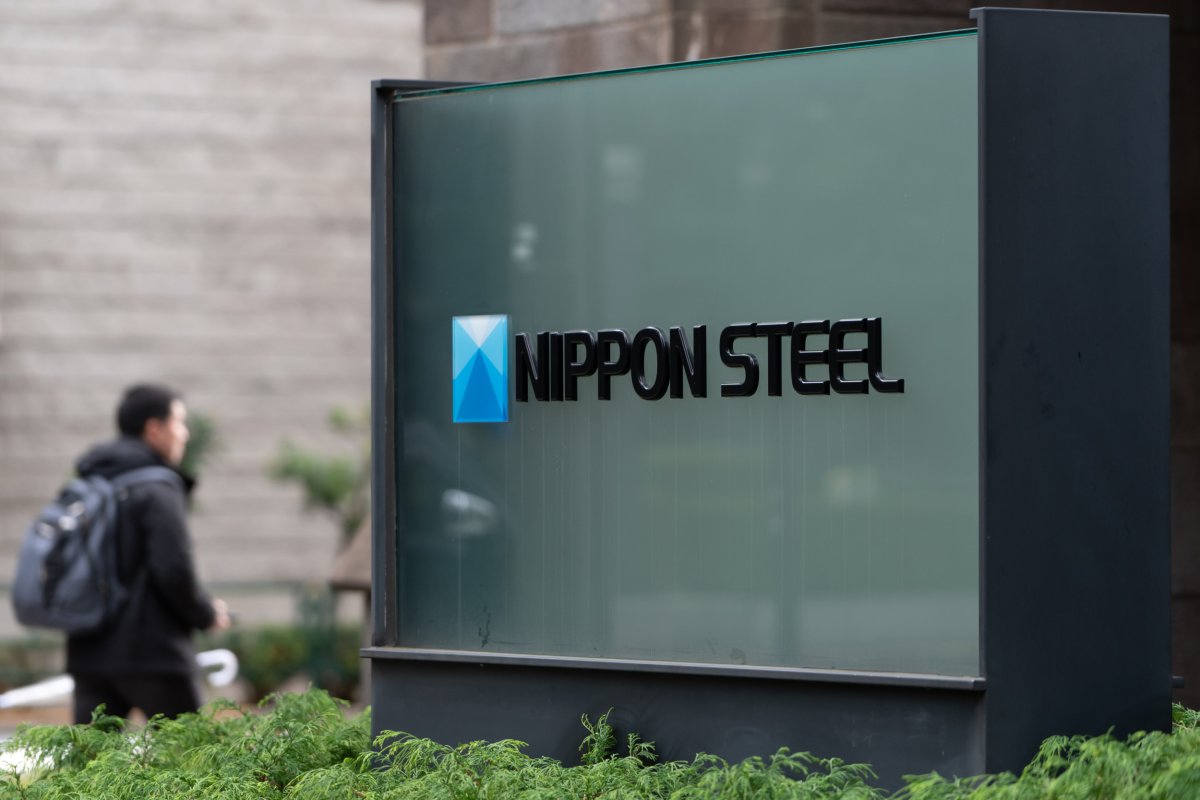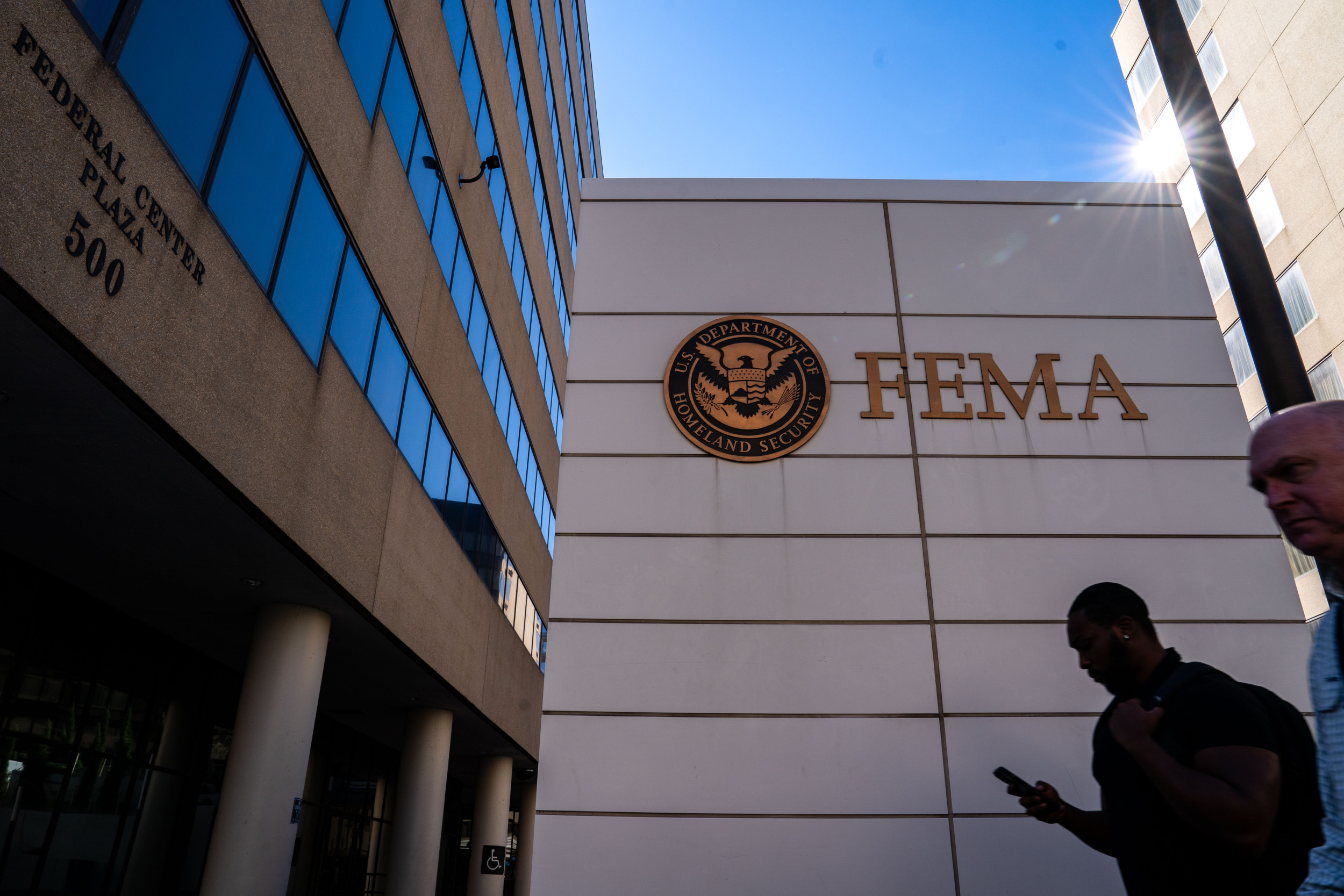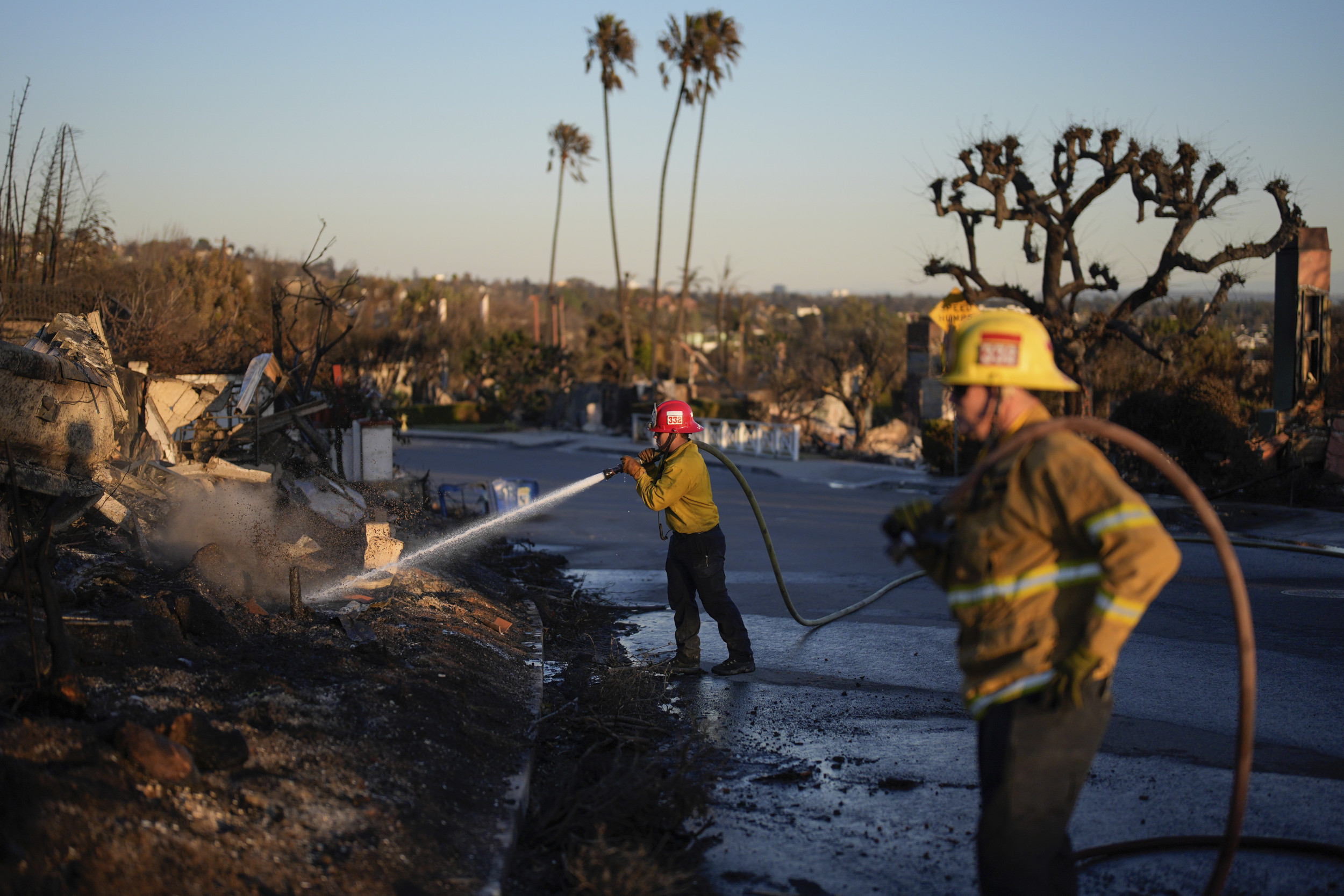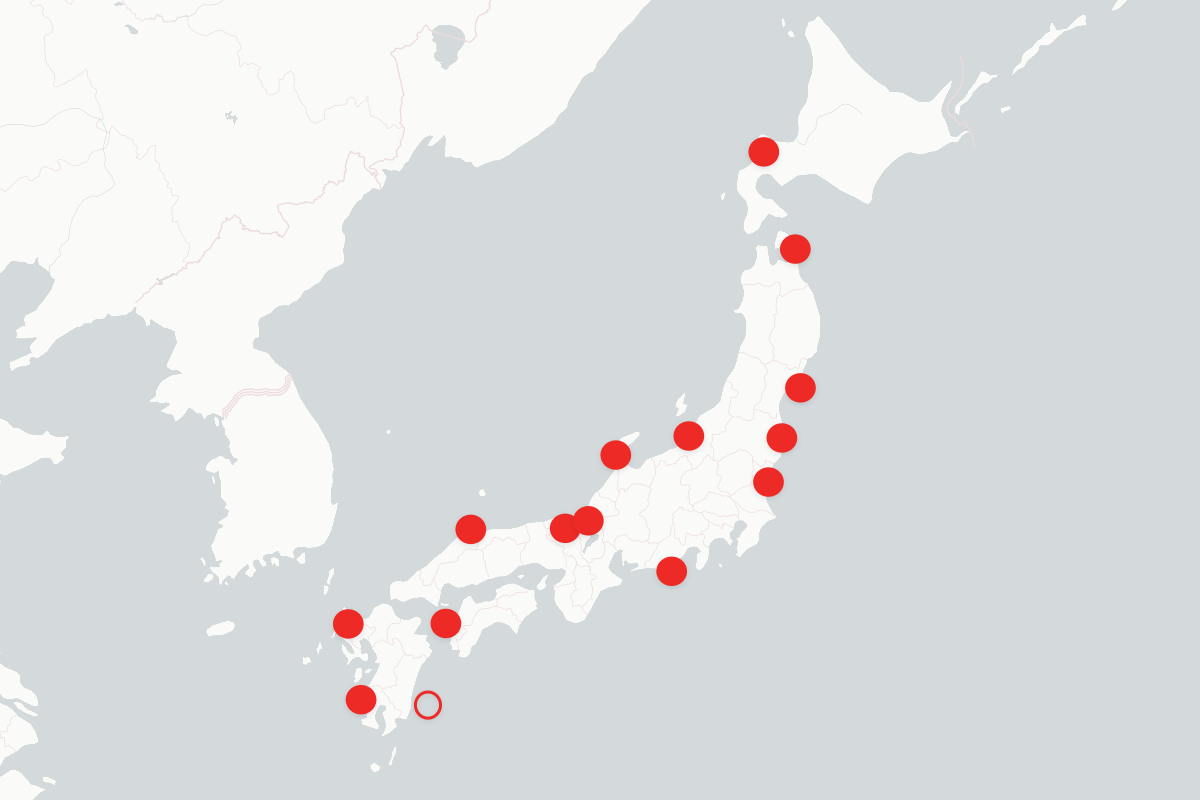The Biden administration has extended the deadline for Nippon Steel to abandon its proposed $14.9 billion acquisition of U.S. Steel, providing a potential lifeline for the embattled deal.
Initially blocked by President Joe Biden over national security concerns, the new deadline is June 18, 2025.
Why It Matters
Nippon Steel, Japan's largest steelmaker, announced plans to acquire U.S. Steel in December 2023, aiming to invest in and modernize the American company's facilities.
The proposal faced immediate opposition from political figures, including Biden and President-elect Donald Trump, who both cited national security risks associated with foreign ownership of a critical industry. The United Steelworkers union also expressed concerns about potential impacts on labor agreements and job security.

What To Know
The Committee on Foreign Investment in the United States (CFIUS) reviewed the proposed acquisition but failed to reach a consensus on its implications for national security.
This impasse led Biden to issue an executive order in early January 2025, blocking the deal and setting a 30-day deadline for the parties to abandon the transaction. However, the recent extension to mid-June allows additional time for reconsideration and potential legal challenges. Nippon and U.S. Steel filed a federal lawsuit challenging Biden's decision-making on January 6, 2025. They claim the move to block the acquisition was politically motivated and lacked any legitimate legal foundation.
U.S. Steel Shares Spike
In response to the extension, U.S. Steel stated, "We are pleased that CFIUS has granted an extension to June 18, 2025 of the requirement in President Biden's Executive Order that the parties permanently abandon the transaction."
"We look forward to completing the transaction, which secures the best future for the American steel industry and all our stakeholders."
Following the announcement, U.S. Steel's shares rose nearly 7 percent when markets opened on Monday, reflecting investor optimism about the deal's prospects.

What People Are Saying
U.S. Steel cautioned that without financial backing from Nippon Steel, the company may pivot production from blast furnaces to more cost-effective, non-union electric arc furnaces and relocate its headquarters from Pittsburgh.
Former Secretary of State Mike Pompeo wrote in The Wall Street Journal: "The deal would strengthen U.S. Steel's current operations and production capacity, benefit its workers and their communities, and enhance the competitiveness of the American steel industry."
Dennis Unkovic, a Pittsburgh business transactions lawyer: "Extending this from the 30 days to the 180 days was a sign that there were people in the Biden administration that would like somebody to take a second look at this."
United Steelworkers President David McCall, in a statement: "By blocking Nippon Steel's attempt to acquire U.S. Steel, the Biden administration protected vital U.S. interests, safeguarded our national security and helped preserve a domestic steel industry that underpins our country's critical supply chains."
What's Next
With the deadline extended, the future of the Nippon Steel and U.S. Steel deal remains uncertain. The additional time allows for further negotiations, potential modifications to the deal to address national security concerns, and legal challenges from both companies.
The incoming Trump administration may also influence the outcome, as President-elect Trump has previously expressed intentions to block the deal due to his "America First" approach to policymaking.
This article includes reporting from The Associated Press.






.png)













 English (US) ·
English (US) ·